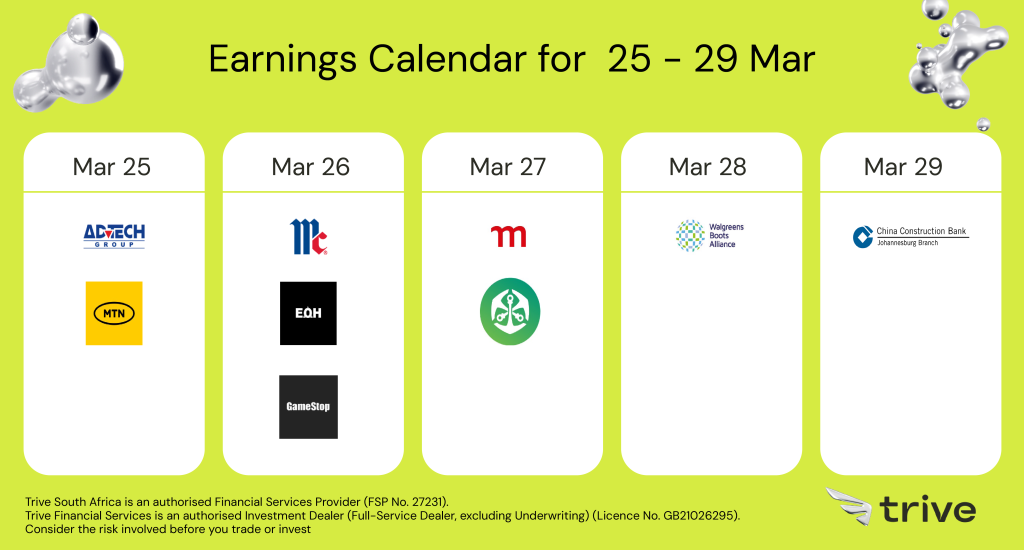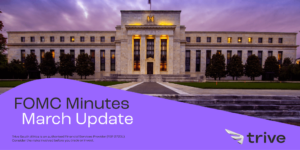
Update 2 April
Telkom Streamlines Operations, Unlocks Growth Potential with R6.75 Billion Sale
In a strategic move, Telkom is offloading its mast and tower subsidiary, Swiftnet, to a consortium for a healthy R6.75 billion. This divestment frees Telkom from managing physical infrastructure. It allows them to focus on core businesses like Openserve, the country’s leading wholesale network provider, and Telkom Consumer, a major player in fixed broadband and mobile services.
The sale is a win-win. Telkom sheds a non-core asset and uses the proceeds to reduce debt, strengthening its financial position significantly. This frees up cash flow for Telkom to invest in growth opportunities and strategic initiatives within Openserve and Telkom Consumer. Analysts are particularly impressed by the deal’s value, exceeding market expectations.
Overall, this move streamlines Telkom’s operations and unlocks significant financial potential. With a healthier balance sheet and freed-up cash flow, Telkom is well-positioned to execute its ambitious growth plans and solidify its place as a leader in South Africa’s telecommunications landscape.
ADvTECH Ltd. (JSE: ADH)
ADvTECH delivered a stellar performance in 2023, boasting a 13% revenue increase to reach R7.86 billion. This growth was fueled by a surge in student enrollment across all their South African and African schools. Both the Schools and Tertiary divisions saw impressive operating profit growth – 18% and 16% respectively. The Tertiary division’s success can be partly attributed to its diverse course delivery methods, catering to a broader range of student needs.
The Resourcing division displayed mixed results. While their business in the rest of Africa flourished with a stellar 26% revenue jump, the South African arm contracted by 9%, dropping to R229 million. This decline can be attributed to the divestment of their 51% stake in Contract Accountants and a challenging trading environment. However, despite this contraction, ADvTECH’s overall financial health remains strong. Their cash generation has grown by 10%, reaching a healthy R1.94 billion in the past year. This strong cash flow has allowed them to reward shareholders with a significant 45% increase in their annual dividend payout, bringing the full-year dividend to a record 87 cents per share.
The company is clearly investing in its future. They’ve expanded existing schools and campuses, with highlights including the expansion of Varsity College campuses in Pretoria and Midrand and Rosebank College opening a new digitally-enabled campus in Mbombela. They’ve also invested heavily in capital expenditure, allocating funds to acquire equipment and technology to enhance teaching capabilities and improve business systems. This commitment to growth is further solidified by the appointment of Geoff Whyte as the new CEO. With Roy Douglas stepping down after leading a successful expansion strategy that saw ADvTECH reach a solid financial position, Whyte seems poised to continue this growth trajectory.
Walgreens Boots Alliance Inc (NASDAQ: WBA)
The company reported a financially complex quarter, showcasing growth amidst difficulties. Their sales rose by a healthy 6.3% to $37.1 billion, with all sectors contributing to this positive trend. This highlights the overall strength and diversification of their business.
However, the rosy picture is tempered by a significant operating loss of $13.2 billion. This loss is primarily due to a non-cash accounting adjustment of $12.4 billion. Essentially, WBA needed to reduce the reported value of an asset (VillageMD goodwill) on their books. While this doesn’t impact actual cash flow, it significantly affects their bottom line for this quarter. This drop underscores the volatile conditions impacting the healthcare and retail industries compared to the previous year’s operating income.
Despite these challenges, WBA managed to outperform analyst expectations for revenue. They also achieved a slightly higher adjusted EPS (earnings per share) of $1.20. However, this positive is overshadowed by the substantial non-cash charge, leading to a net loss of $5.9 billion. This stark contrast emphasizes WBA’s challenges while experiencing sales growth and making strategic changes.
Looking ahead, WBA acknowledges the ongoing difficulties in the retail environment and is adjusting its financial forecast for the year. Their revised EPS guidance of $3.20 to $3.35 reflects several factors. One is the ending of a program that previously boosted income through sale-leaseback agreements. Additionally, they expect lower earnings from selling shares in an investment. However, these headwinds are partially offset by their strong performance in pharmacy services and a favorable tax rate.
In conclusion, WBA’s recent financial report is a story of mixed results. Their sales growth is encouraging, but a sizeable non-cash charge and a tough retail environment create significant challenges. The company is adapting to these circumstances by adjusting its financial expectations for the year.
Sources: MSN; Moneyweb; YahooFinance; Iol; Tokenist
Piece written by Trive Sales Trader, Kealeboga Molefe
Disclaimer: Trive South Africa (Pty) Ltd (hereinafter referred to as “Trive SA”), with registration number 2005/011130/07, is an authorised Financial Services Provider in terms of the Financial Advisory and Intermediary Services Act, 37 of 2002. Trive SA is authorised and regulated by the South African Financial Sector Conduct Authority (FSCA) and holds FSP number 27231. Trive Financial Services Ltd (hereinafter referred to as “Trive MU”) holds an Investment Dealer (Full-Service Dealer, excluding Underwriting) Licence with licence number GB21026295 pursuant to section 29 of the Securities Act 2005, Rule 4 of the Securities Rules 2007, and the Financial Services Rules 2008. Trive MU is authorized and regulated by the Mauritius Financial Services Commission (FSC) and holds Global Business Licence number GB21026295 under Section 72(6) of the Financial Services Act. Trive SA and Trive MU are collectively known and referred to as “Trive Africa”.
Market and economic conditions are subject to sudden change which may have a material impact on the outcome of financial instruments and may not be suitable for all investors. Trive Africa and its employees assume no liability for any loss or damage (direct, indirect, consequential, or inconsequential) that may be suffered. Please consider the risks involved before you trade or invest. All trades on the Trive Africa platform are subject to the legal terms and conditions to which you agree to be bound. Brand Logos are owned by the respective companies and not by Trive Africa. The use of a company’s brand logo does not represent an endorsement of Trive Africa by the company, nor an endorsement of the company by Trive Africa, nor does it necessarily imply any contractual relationship. Images are for illustrative purposes only and past performance is not necessarily an indication of future performance. No services are offered to stateless persons, persons under the age of 18 years, persons and/or residents of sanctioned countries or any other jurisdiction where the distribution of leveraged instruments is prohibited, and citizens of any state or country where it may be against the law of that country to trade with a South African and/or Mauritius based company and/or where the services are not made available by Trive Africa to hold an account with us. In any case, above all, it is your responsibility to avoid contravening any legislation in the country from where you are at the time.
CFDs and other margin products are complex instruments and come with a high risk of losing money rapidly due to leverage. You should consider whether you understand how these products work and whether you can afford to take the high risk of losing your money. Professional clients can lose more than they deposit. See our full Risk Disclosure and Terms of Business for further details. Some or all of the services and products are not offered to citizens or residents of certain jurisdictions where international sanctions or local regulatory requirements restrict or prohibit them.




